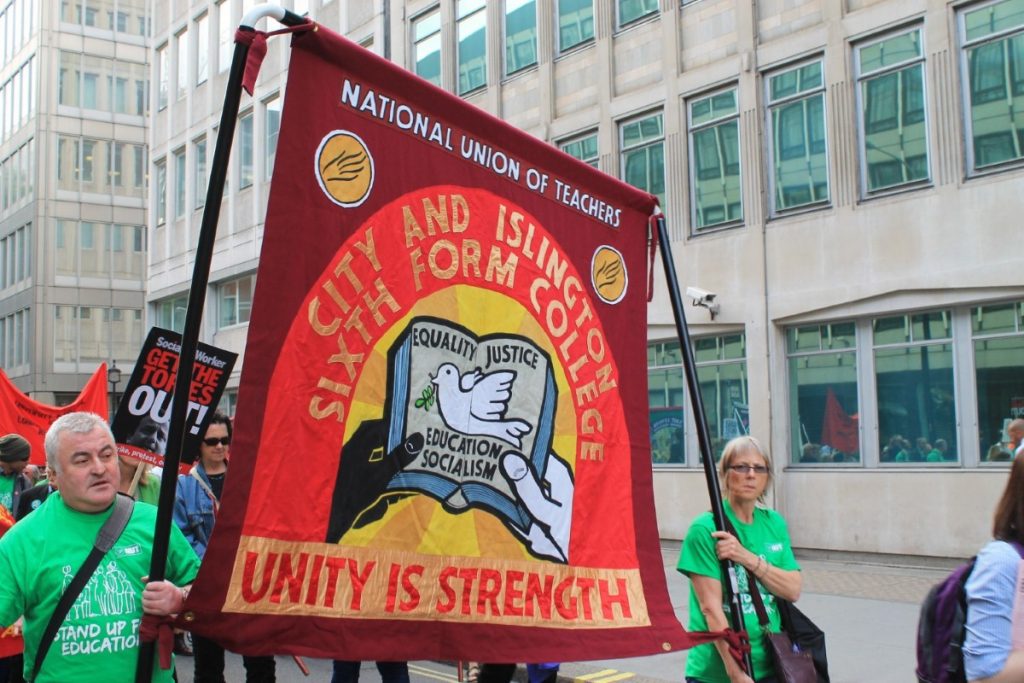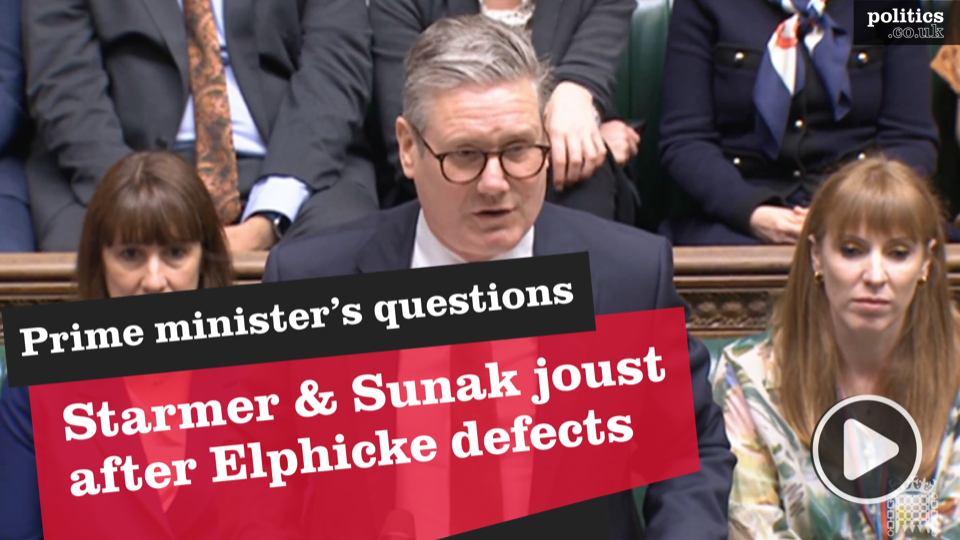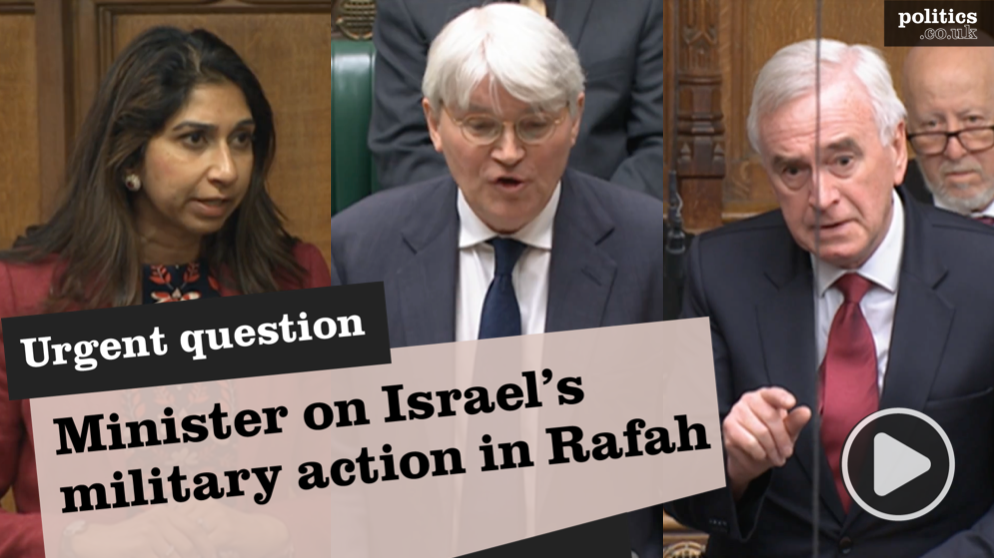Strike hits schools as teachers reject Gove pay plan
By Phoebe Cooke
Thousands of teachers across the north-west went on strike today to demonstrate against Michael Gove's teaching reforms.
Members of the National Union of Teachers (NUT) organised the action, which triggered marches and rallies in Liverpool, Manchester, Chester and Preston. Overall, 2,767 schools in 22 authorities were affected.
"I'm very disappointed that the NUT has called this strike, which isn't even supported by all teachers," said Stephen Mosley, MP for Chester, where schools were hit by the strike.


He told Politics.co.uk: "Only one in four teachers were in favour. I get the impression it's more driven by political concerns than genuine concerns about terms and conditions for teachers."
Unions are striking over Gove's proposals for performance-related pay and pension reform.
"Why should teachers who do a fantastic job not have the opportunity to earn more money?" Mosely said.
"I think most people would think that would be a great thing to have."
Performance-related pay was one of the three main issues being raised by protesters today. Avis Gilmore, NUT regional secretary for the north-west, spoke to Politics.co.uk after taking part in the Manchester rally.
"It's absolutely ludicrous to link pay to performance," she said.
"Say there's one teacher who's absolutely fantastic, who you want to give a higher salary to. That will be at the expense of the other teachers, because that school won't get any more money."
She added: "The way that pupils learn is through collaboration of the school and the teachers, it takes years and years and years. It doesn't depend on one single teacher. It's also well documented that performance is directly linked to home background."
The second issue at stake concerned the raising of the pensions age along with the proposed pension contribution scheme.
Recently qualified primary school teacher Sophie Klimt said the pay proposals were already prompting "grumbling in the staffroom" and could foster an unhealthily competitive atmosphere between staff.
"Schools that are struggling will find it harder to attract outstanding teachers," she said.
"It will be harder for them to prove good results, which means that they won't get the higher pay. We'll see outstanding schools attracting all the good teachers, whereas the ones who need it more won't get inspiring teachers."
The new reforms are set to come into effect on September 1st 2013, with due to take place over the summer.











